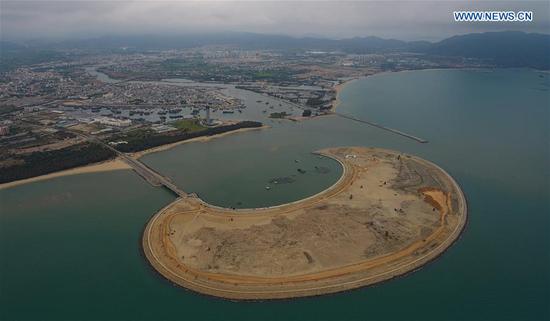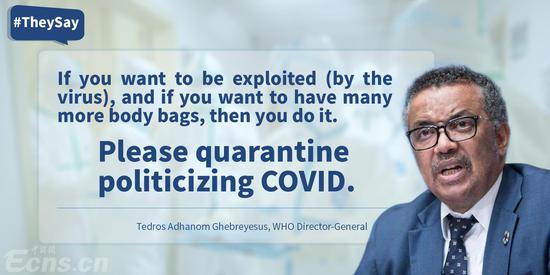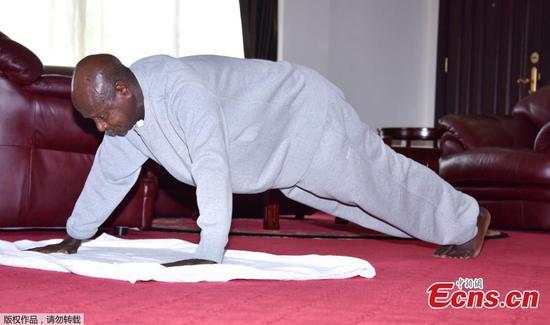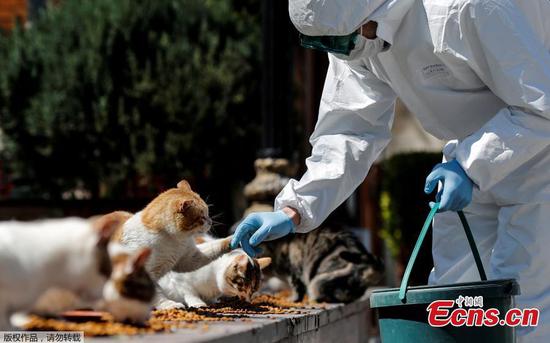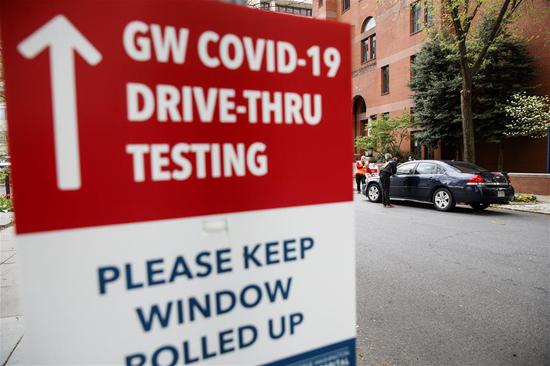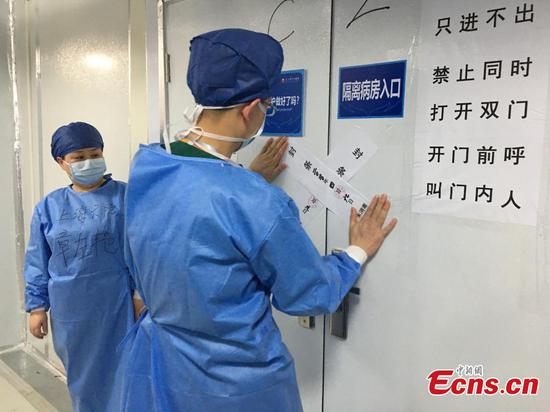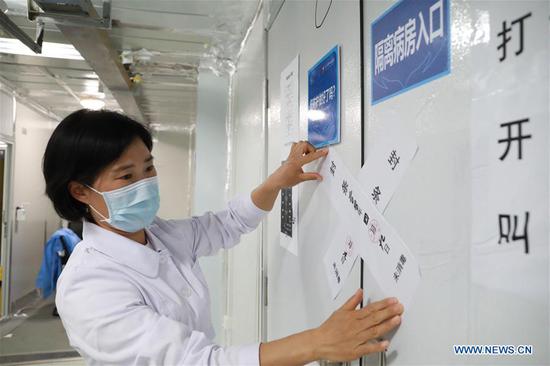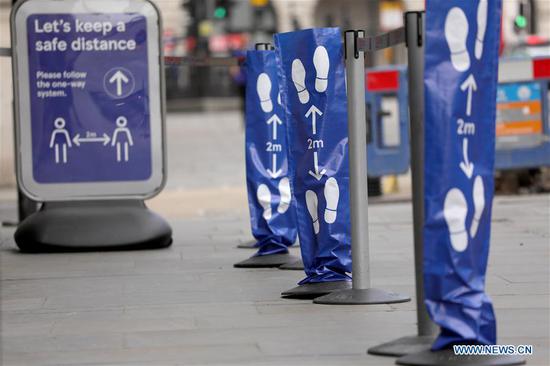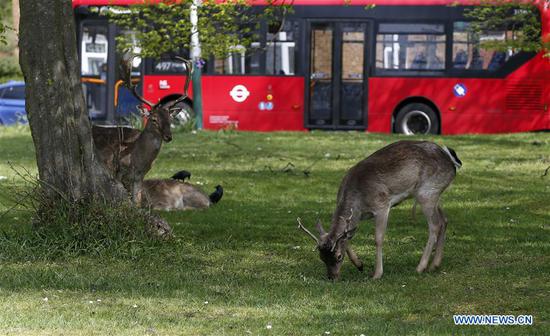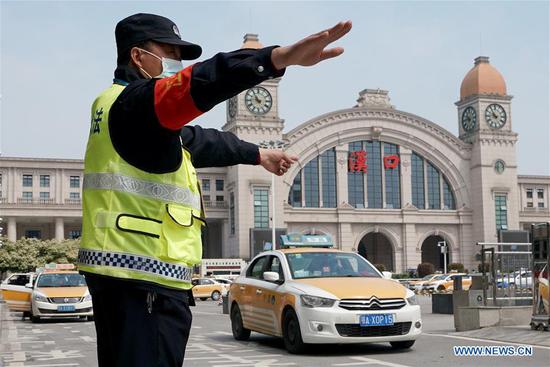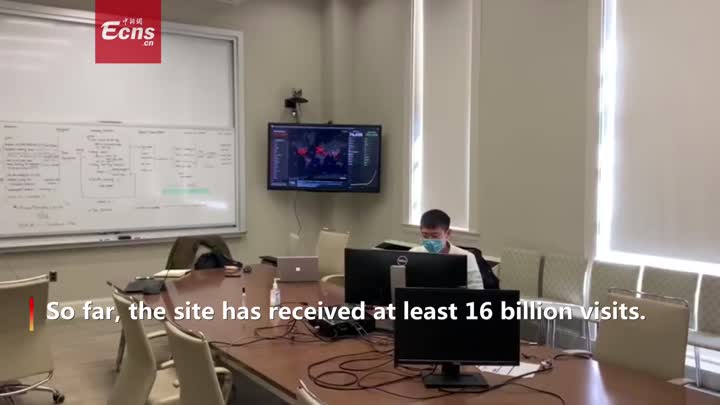Measures needed
The Independent, an online newspaper, reported that widespread testing for the virus is likely to be a prerequisite before the lockdown in the UK can end.
Leading scientists told the publication ending the lockdown would need to be accompanied by a raft of measures aimed at quickly finding and isolating new infections resulting from expected second and third waves of the outbreak.
Gabriel Leung, a professor of population health at the University of Hong Kong and an adviser to the special administrative region's government, told The Independent most European nations would have to "adjust to a new normal" that includes ongoing mass testing.
"Testing has to be seen as a package, rather than just in isolation," he said.
Adjunct Associate Professor of Public Health at the National University of Singapore, Vernon Lee, who is also director of communicable diseases for the city state's Ministry of Health, believes that after lockdowns end, there will need to be not only large-scale testing but rigorous quarantine "at least until a vaccine is available".
In the meantime, UK politicians are increasingly being asked when the lockdown, which was introduced on March 23, will end.
Under UK law, the health secretary must review the lockdown restrictions at least once every 21 days, which means a decision must be made before Thursday.
UK Culture Secretary Oliver Dowden said on the television news program BBC Breakfast that the lockdown is not likely to be lifted until the nation is conducting more tests, and certainly not before it is clear that person-to-person infections have fallen. Because the disease has an incubation rate of as long as two weeks, the impact of the lockdown is only now starting to show, he said.
"I don't think it's very likely these measures are going to be changed, given they're just starting to have an effect but, as we said, we will review them," he said.
UK Chancellor Rishi Sunak said it will only be possible to make the decision after the lockdown has been in place for about three weeks, because the evidence base will not be apparent earlier than this.
"I think, rather than speculate about the future, we should focus very seriously on the here and now and the present," he said.
The question remains whether the UK can develop sufficient testing capacity to enable the lockdown to end in an orderly manner.
John Newton, chief knowledge officer at Public Health England, who is the government's main adviser on testing, said at a House of Commons inquiry on Wednesday that the goal of testing 100,000 people a day is feasible.
But Keir Starmer, new leader of the opposition Labour Party, said on ITV News that the UK is well behind where it needs to be in terms of testing, and lamented that the government had not acted sooner.
"I think there are things to learn from Germany as a result of that," he said, echoing the comments of Whitty, the chief medical officer. "We do need to ask probing questions of the government about that."
Starmer said the government should level with the public and tell people not only how and when it will increase testing capacity, but also when the lockdown might end.
"Because, as I see it, a vaccine is obviously the long-term solution, but it looks like that won't be ready for 12 to 18 months," he said. "Therefore, all the focus is on testing."













